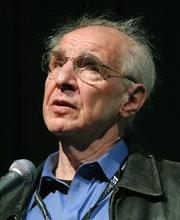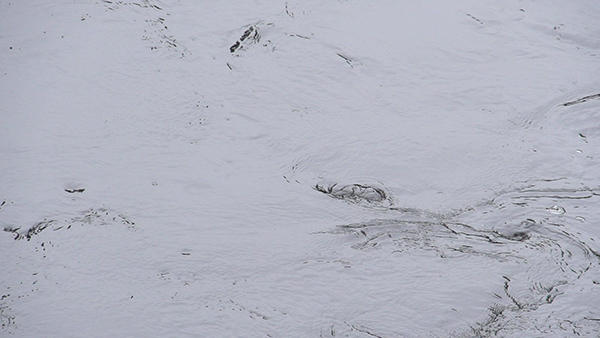Alfred Guzzetti

Guzzetti’s films include the feature-length Family Portrait Sittings (1975), the first in an autobiographical cycle that continued with Scenes from Childhood (1980) and Time Exposure (2012). Guzzetti collaborated with anthropologists Ákos Östör and Lina Fruzzetti on the documentaries Seed and Earth (1994) and Khalfan and Zanzibar (2000) and with Susan Meiselas and Richard Rogers on both Living at Risk: The Story of a Nicaraguan Family (1985) and the feature-length Pictures from a Revolution (1991). In 2011 he and Meiselas completed a collection of twenty short films entitled “The Barrios Family Twenty-Five Years Later,” updating the story of the Barrios family told in Living at Risk. Guzzetti has also worked in more experimental modes, creating the short films Air (1971) and Evidence (1972) as well as a number of videos, including The Tower of Industrial Life (2000), Calcutta Intersection (2003), History of the Sea (2004), Still Point (2009), and Passage (2018). In collaboration with composers Earl Kim, Ivan Tcherepnin, and Kurt Stallmann he has made visual elements for concert pieces and films, including Stallmann’s SONA (2005) and Moon Crossings (2011), a work for chamber orchestra and electronics. He and Stallmann created the multi-channel, multi-screen installation Breaking Earth (2008) as well as the video Time Present (2013). His recent projects include a The Gifts of Time (2018), a feature-length documentary on friends he has known for a very long time, and Among Rivers (2019), a piece created in collaboration with Stallmann for 28 loudspeakers, 7 video projectors, and 4 performers. Guzzetti is the author of the book Two or Three Things I Know about Her: Analysis of a Film by Godard (1981).

Image: still from Among Rivers, in collaboration with Kurt Stallmann.
Profile photo above by Michael Onnifrey for Full Frame Documentary Film Festival.
Contact Information
guzzetti [at] fas.harvard.edu
(617) 495-9051